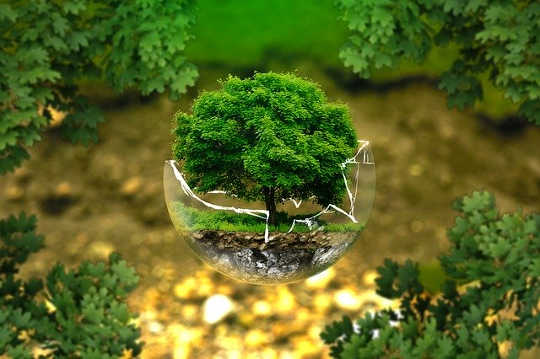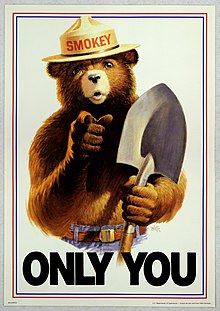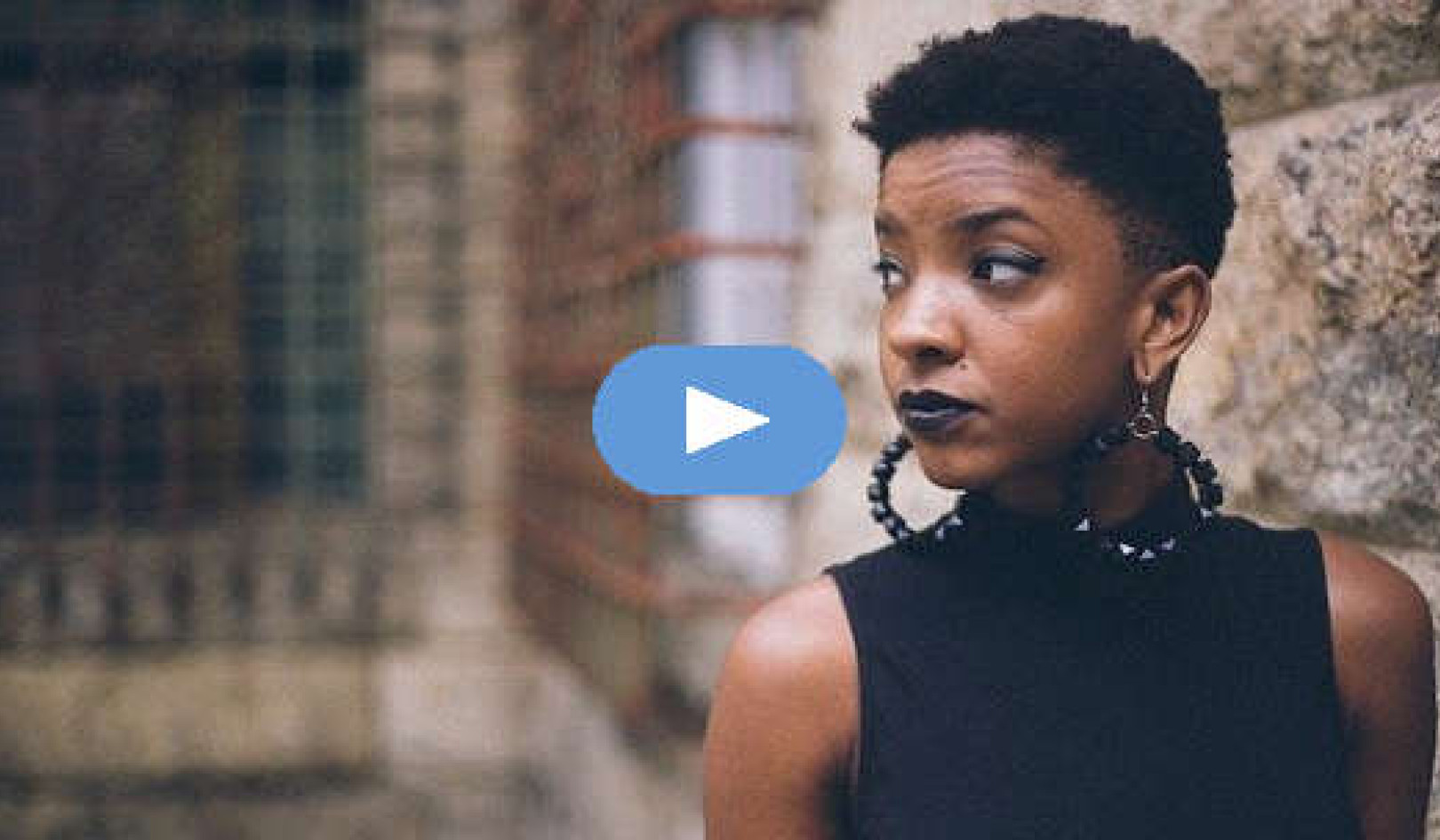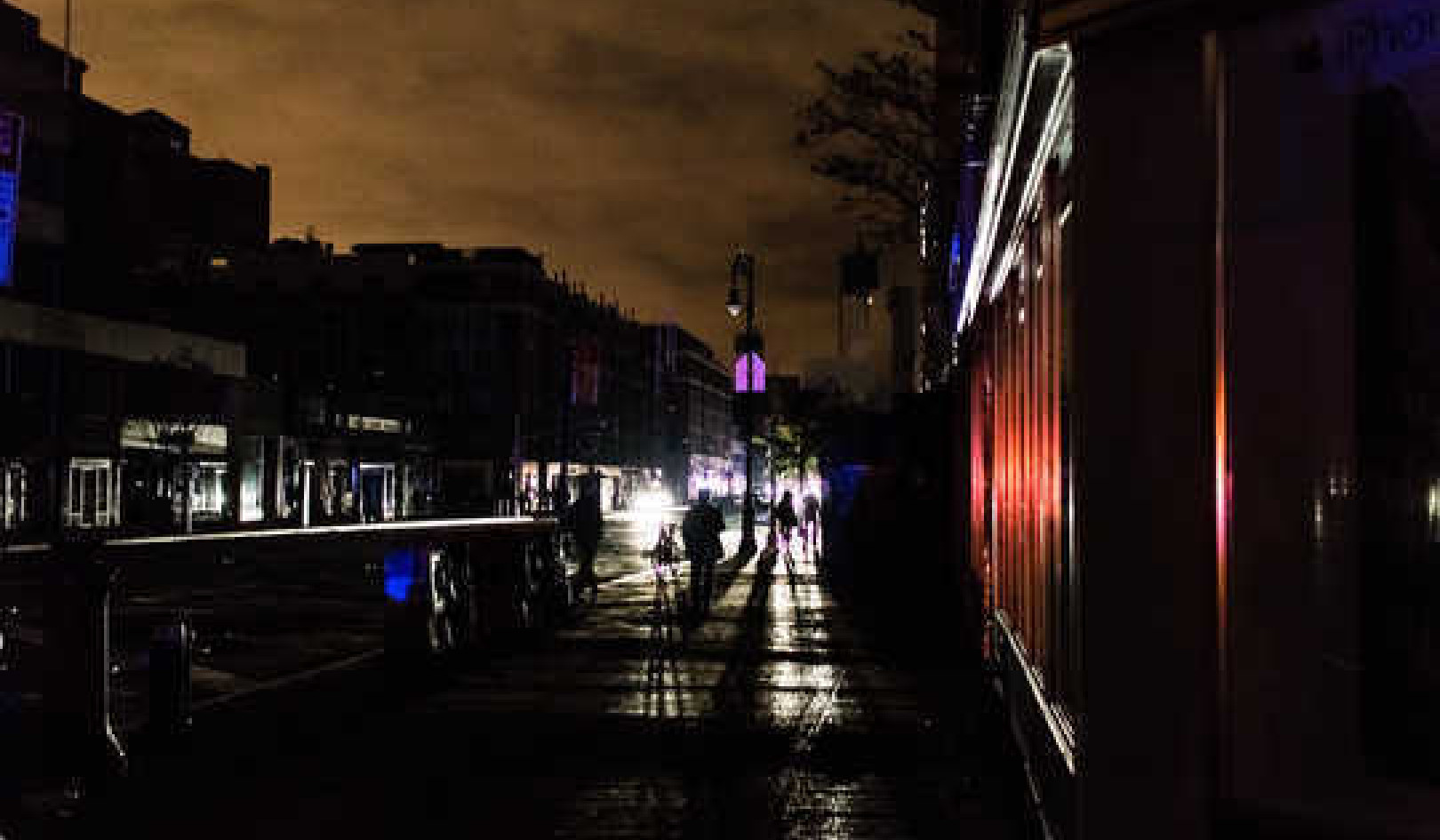
Image by ejaugsburg
People today are espousing some very strange beliefs about the state of our modern economy. We frequently hear things like: We can no longer afford to educate our children, provide universal health care, clean up our polluted environment, innovate around renewable energy resources, provide food, water and basic shelter for all, share our wisdom and planetary resources with other nations, protect our ecosystems or explore the farthest reaches of our universe. The reality-check question we must therefore ask ourselves is this: Will humanity survive as a species if we fail to do any or all of the above?
Once we shift perspective we may be shocked to realize the only thing preventing us from doing everything we hope to achieve is our mental attachment to the idea of money as both the driver and the reward for what we do. Money, a tool invented by people to aid in the exchange of our creative and productive output, has, over time, become our main barrier to the free expression and exchange of creativity. We’re granting a collective belief—a group delusion about the power of money and its ability to determine our destiny—precedence over the immediacy of life’s needs in the here and now.
Our Choice...
We have the option to collapse as a civilization or go extinct as a species because we believe we can’t afford to create a more loving, more sustainable way of life for all. We can cross our fingers and hope somebody somewhere figures out how we can all “muddle through” these current crises so we don’t have to rock our belief boats to the point of personal discomfort. Or we could just leave it to our children to clean up our ever-expanding world mess in the hope the next generation will figure it out before the problems we’re creating grow too vast to fix.
Those choices don’t assume much responsibility for where we are right now. If we want to take responsibility for ourselves we must first look at the world as it is—not through the lens of the childlike beliefs we’ve accepted as true without question, but through the open and discerning eyes of mature adults. The collective way back from the insanity of any group delusion begins the moment we admit we are, in fact, insane; that we’ve left reality far behind in favor of what we’ve imagined to be true.
Self-Imposed Beliefs About Money and Creativity
Once we acknowledge that our beliefs are self-imposed, that we’ve been taught to “believe in” the significance and power of money instead of the true creative capacity of humanity, we can see a need to reexamine economics in a whole new light. We need take none of our system’s principles and practices for granted, nor assume any of its so-called values are absolute truths.
What makes that process hard is this: we’ve all been born into the monetary system and were entrained to accept it without question, so challenging our beliefs may cause us some discomfort. Take heart in that. Personal growth and discomfort go hand in hand—just ask anyone who’s been through adolescence. Besides, the anxiety we’re already feeling due to our current economic problems should be all the encouragement we need to push through that angst and discover new solutions.
We can’t view our world for what it is if we’re afraid to acknowledge we may have outgrown our beliefs about how it works. The good news is that if we find the courage to examine and burst the collective myths under which we’ve all been operating, we become free to recreate our world in the way we want it to be: as a living reflection of who we truly are.
Our Level of Consciousness: A Worldview Of Separation or Of Connectivity?
Einstein said, “You can’t solve the problems of humanity with the consciousness that created them.” At the moment, the level of consciousness under which we’ve all been operating for a long time is a worldview of separation: “I must protect and preserve what’s mine, even if I do so at your expense.”
We’ve come to view most “others” as lazy, untrustworthy and in need of constant supervision and control, which is why we live in a world choked by greed, suspicion, fear and insurrection. Why we attribute to others all the worst qualities we have in ourselves, and fail to acknowledge the collective best in all of us, might have something to do with the fact we’ve become deeply disconnected from each other and from our own spirits.
The belief that we’re each independent, that what I do doesn’t affect you and vice versa, is one that has failed us for many centuries now. History is replete with examples where isolationism hasn’t worked, which is why wars have become increasingly dangerous.
Our modern world actually reflects the truth of our interconnectivity through its relentless march toward human globalization. We can continue to cling to a belief in our absolute separateness and encourage our social structures to reflect that belief until they crumble beneath the weight of its inherent falsehood, or we can embrace our connectivity and learn to work together so we all can thrive.
Following The Laws Of Nature
To view humanity from a higher perspective, to recognize that we each want to put an end to suffering and that at heart we are all connected by our shared desire for love and happiness can inspire us to evolve our social structures until they reflect this new and higher faith in humankind. That’s the new level of consciousness necessary to resolve the problems created by the old way of thinking.
We can begin making these changes by letting go of the beliefs that no longer serve us. But then what should we use for our new social model if our entire system was modeled on a false belief in separation? I suggest we try applying the successful models for interconnected living systems that are functioning all around us, and for which nature has so generously offered us blueprints. Nowhere in nature does a system—any system— survive independently of everything else. Nothing in the realm of nature works or succeeds alone.
Before the very first atoms in our universe coalesced, many billions of years before the emergence of human consciousness, creation apparently wondered whether this world would work better if things came together with order and intent, or went flying off on their own without regard for anything else. For eons our cosmos has explored and experienced the joy of binding different atoms together to form an amazing variety of molecules, each capable of being more and bringing more into the world than any atom could be or bring by itself. Those molecules eventually collaborated to become the building blocks for more and more complex structures, including us.
It seems, therefore, that creation has already asked and answered the question about isolation and its limitations for us. It seems to delight in making multiple novel connections as much as it loves the interdependence such connections foster.
Learning to Collaborate: Human Cells and Humanity
In nature, any whole system is always greater than the simple sum of its parts. A tree, for instance, isn’t just a simple combination of root cells, trunk cells, capillaries, leaves and branches. It is a living, highly adaptable enterprise, capable of reproducing itself, sheltering other creatures, contributing oxygen to the atmosphere, depositing nitrogen into the soil, adulterating the climate and adding amazing beauty and stability to the landscape. Not only that, but its very existence enables all the cells that comprise it to activate themselves to their highest potential, and to be part of something greater than themselves.
So, too, is a human being more than just a mere collection of cells. The cells in our toes may not know they’re part of a thinking, feeling person whose capacity to love and experience life is so much more than the product of its many cells, but they nevertheless go on, doing the essential work of being toes—and, because we are thinking and feeling, we have the power to protect our toes and appreciate them, even if they don’t realize they’re being protected.
We humans can stubbornly continue to insist we’re better off not relying on each other. We can refuse to believe what we’ve learned about our own universe, but the truth won’t change no matter how firmly we deny it. In our universe, any living system whose diverse parts don’t learn to collaborate in order to form something greater than a random collection of units eventually fails.
What’s called for in any whole-systems design is an overarching benefit that every single part can enjoy in exchange for its willingness to work for the well being of the whole. Clearly then, humanity can’t long sustain an economic system that benefits just a few of us by exploiting the capacities of the many.
Becoming Conscious Of Our Part In The Wholeness
Unlike cells, we do have the power of reasoned thought. With thought we’ve been granted the ability to consciously change our ways of being, thinking and interacting through learning how to successfully balance our personal needs with the overarching needs of the whole. If we truly want to heal humanity—as well as the larger living planetary body that has been suffering under our ignorance for so long—we must collectively change the false beliefs that are causing our dis-ease...one individual human cell at a time.
We’ve long been honing our ability to apply the gift of reasoned, creative thinking to the world around us. One thing we know about the human mind is it grants us the power to learn. The evolution of thinking enables us to craft our understanding of the world consciously, patiently and carefully, based on new information and insights. That we now understand volcano activity isn’t caused by angry gods is one such an advancement. That doesn’t mean anything was “wrong” with our old beliefs or ways of interacting.
We’ve always done the best we could with the information we had at our disposal at that time, so judging those who were working with less information than we now have is a pointless exercise. It’s foolish to declare that the people who proposed those now-debunked ideas were bad or evil. What matters is that we’re learning to behave in more coordinated and supportive ways as we evolve in consciousness. That’s exactly as our world was designed to unfold.
Rather than warring over our beliefs with whomever we don’t agree—which has been our historic approach—we’re gradually gaining the maturity to take an emotional step back to examine the reasons why we don’t agree. In political debate, for example, we’re beginning to hear more rational arguments around whether it’s better for us to practice fiscal austerity and reduce taxation, or whether it’s more important for us to stimulate the economy through government spending in the form of higher taxes.
Experimental Failure Sets Us Up For An Expansion In Human Consciousness
What’s really interesting is that—as we continue to run the experiments pro and con—what we’re really learning is that neither seems to provide the answer, and that what’s needed may be something entirely different. Experimental failure, frustrating though it may be, sets us up for an expansion in human consciousness. As we continually try and fail to achieve our desired objectives through the same tired means, ultimately we’re forced to rise above our limiting beliefs and embrace something new—an idea that propels us closer to the truth.
Because each person brings a unique set of life experiences to our shared world reality, there will always be multiple points of view on any given situation. Still, it seems the fine art of agreement can be learned, as evidenced by the existence of coordinated living systems all around us. If nearly a hundred trillion brainless cells* can learn to cooperate in a system as complex as the human body, why can’t we?
* Isaac Asimov, The Human Body, New rev. ed., Plume, 1996, p. 79; C. Van Amerogen, The Way Things Work Book of the Body, Simon and Schuster, 1979, p. 13.
subtitles added by InnerSelf
Copyright 2012 by Eileen Workman. All rights reserved.
Reprinted with permission from "Sacred Economics: The Currency of Life".
Article Source
Sacred Economics: The Currency of Life
by Eileen Workman
 “What diminishes one of us diminishes us all, while what enhances one of us enhances us all.” This philosophy for engaging with each other to create a new and higher vision for humanity’s future lays the cornerstone for Sacred Economics, which explores the history, evolution and dysfunctional state of our global economy from a new perspective. By encouraging us to stop viewing our world through a monetary framework, Sacred Economics invites us to honor reality rather than exploit it as a means for short-term financial profiteering. Sacred Economics doesn’t blame capitalism for the problems we’re facing; it explains why we’ve outgrown the aggressive growth engine that drives our global economy. As a maturing species, we’re in need of new social systems that better reflect our modern life situation. By deconstructing our shared (and often unexamined) beliefs about how our economy works, Sacred Economics creates an opening through which to reimagine and redefine human society.
“What diminishes one of us diminishes us all, while what enhances one of us enhances us all.” This philosophy for engaging with each other to create a new and higher vision for humanity’s future lays the cornerstone for Sacred Economics, which explores the history, evolution and dysfunctional state of our global economy from a new perspective. By encouraging us to stop viewing our world through a monetary framework, Sacred Economics invites us to honor reality rather than exploit it as a means for short-term financial profiteering. Sacred Economics doesn’t blame capitalism for the problems we’re facing; it explains why we’ve outgrown the aggressive growth engine that drives our global economy. As a maturing species, we’re in need of new social systems that better reflect our modern life situation. By deconstructing our shared (and often unexamined) beliefs about how our economy works, Sacred Economics creates an opening through which to reimagine and redefine human society.
Click here for info and/or to order this paperback book. Also available as a Kindle edition.
More Books by this Author
About the Author
 Eileen Workman graduated from Whittier College with a bachelor’s degree in Political Science and minors in economics, history, and biology. She began working for Xerox Corporation, then spent 16 years in financial services for Smith Barney. After experiencing a spiritual awakening in 2007, Ms. Workman dedicated herself to writing “Sacred Economics: The Currency of Life” as a means for inviting us to question our longstanding assumptions about the nature, benefits, and genuine costs of capitalism. Her book focuses on how human society might move successfully through the more destructive aspects of late-stage corporatism. Visit her website at www.eileenworkman.com
Eileen Workman graduated from Whittier College with a bachelor’s degree in Political Science and minors in economics, history, and biology. She began working for Xerox Corporation, then spent 16 years in financial services for Smith Barney. After experiencing a spiritual awakening in 2007, Ms. Workman dedicated herself to writing “Sacred Economics: The Currency of Life” as a means for inviting us to question our longstanding assumptions about the nature, benefits, and genuine costs of capitalism. Her book focuses on how human society might move successfully through the more destructive aspects of late-stage corporatism. Visit her website at www.eileenworkman.com
Video/Interview with Eileen Workman: Get Conscious Now
{vembed Y=SuIjOBhxrHg?t=111}
Remember Your Future
on the 3rd of November
Learn about the issues and what's at stake in the November 3, 2020 US Presidential election.
Too soon? Don't bet on it. Forces are conniving to stop you from having a say in your future.
This is the big one and this election may be for ALL the marbles. Turn away at your peril.
Only You Can Prevent 'Future' Theft
Follow InnerSelf.com's
"Remember Your Future" coverage






























